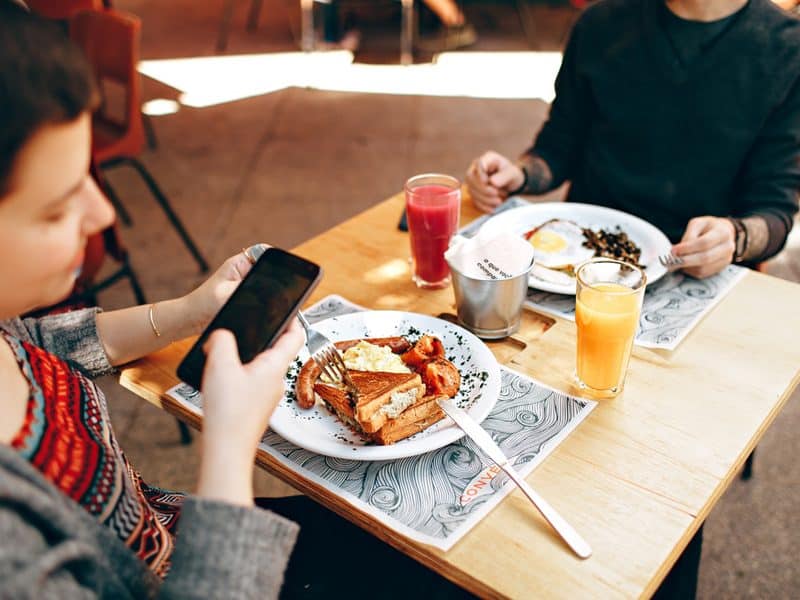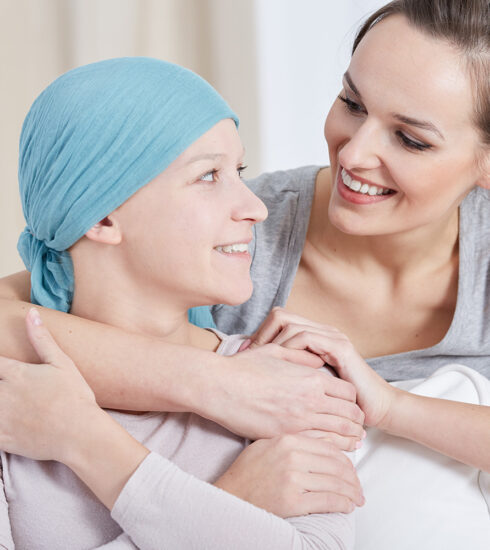How Instagram Food Modifies Your Body and Mind
Day after day, photos from social networks report on what happens to your friends. It’s a natural purpose of conversation to share news, but crucial events aren’t constant guests in people’s lives, which makes them share more trivial moments online. And if Instagram food, selfies, and photos of legs frustrated most users a few years ago, this type of content doesn’t spark such negative emotions anymore.
Speaking about Instagram food, it didn’t cause as huge hatred waves among users as other mediocre content did. The reason is simple: at all times, people considered food something bigger than a mere life support material. Religious rituals made it sacral and, therefore, essential; and art turned food into the source of inspiration, allowing people to see its aesthetic side in still-life paintings of renaissance artists.
These days, food admiration and aspiration to capture it has gained a social implication: #foodporn is not just photos but phenomenon influencing people’s bodies and minds.
How? Let’s get all this straightened out.
You search for public approval through Instagram food
The visual presentation of their food is key for people. They try taking a picture of well-served meals, they care about how beautiful a dish will look in photos, and so they edit shots to get more “likes” and “shares” from users. Demonstrating something personal on social networks, you want to get public approval and a testament to the fact that others accept your choice.
Why do you need approval from others?
As stated the article Who Needs Approval, “on a deep emotional level, feeling approved makes us feel secure with ourselves as a person. There is a huge degree of inner peace and security connected to feeling good about who we are.” Seeking for approval, love, and acceptance from parents when a child, you want to receive it from someone else when an adult because its absence makes you feel unprotected and undermine your view of yourself.
Figuratively speaking, Instagram photos with tons of likes make you feel secure.
You change eating habits
The Waitrose survey found that healthy eating became a mainstream, as well as products associated with it: chia seeds, coconut flour, and seaweed all emerged as top food trends of 2016, not least because of numerous blogs about nutrition and sports. Sure thing, such resources are useful only if managed by professionals: experts say, competent promotion of healthy lifestyles is able to debunk myths about food and prevent chronic diseases development.
But going on the healthy habits path, you need to understand why you do this. Striving for public approval, people often plagiarize behavior patterns such as “do what others do – and everyone will love you,” which are kinda questionable. Often, it’s strangers who evaluate you online; and sometimes they aren’t tactful in comments on your appearance, hobbies, and food: fitness nazi may even shame you for “ugly” pictures of “vapid” meals, which makes you dye to be fashionable and change eating habits to meet others’ expectations.
You demonstrate self-expression
Your Instagram food, as well as clothes or makeup, reflects your lifestyle and mindset. And it’s significant for every person to remind a society of their existence and individuality, even though a picture on Facebook or Instagram isn’t true to life. Such commitment to self-expression translates into hashtags like #whatieat or #foodstyle, both with about a million of publications.
Neuroscience teaches that self-expression is “the most important way for people to connect, navigate and grow with each other.” So it comes to reason you use social media accounts to fill this need.
Besides social and psychological factors influencing such a behavior, it must be said that people simply love what they do: it’s beautiful, and it brings satisfaction. Why do you think the #foodporn hashtag is so popular? Its comparison with another basic need (sex), so cultivating and replicating in advertisements and mass media, suggests that biologic functions take a seat back to pleasure in both cases.
You change attitude toward your body
Social media shapes your attitude toward your own appearance, as well: desirable images of popular food bloggers make you work hard on changing bodies to meet those standards. Sadly, such experiments often lead to psychological breakdowns as well as problems with health. The most sensitive individuals here are teenagers: content related to dieting and fitness influences their body image and health behaviors to a great extent.
Also, you need to understand that pictures of dishes on Instagram aren’t a guarantee of eating them. In other words, when you see a yummy meal in someone’s account, don’t hurry up to consider that person a healthy eater and take him as a role model to become better. It might happen that he strives for public approval, posts photos most people will find acceptable, but eats junk food or suffers from digestive disturbance instead.
In a word…
Social media changes your attitude toward Instagram food: you think of its visual presentation, boast your eating habits changed under the influence of diet pages and blogs, and search for public approval forming your mind on what is good for your body.
Let’s face it, who hasn’t tried to cook anything beautiful to share it on Instagram for self-expression? Didn’t you feel sad when your dish appeared not so “likable” for posting yet so yummy for eating? Good-looking doesn’t equal healthy, so don’t hurry up to change habits and lifestyle once you see hundreds of beautiful pictures online.








